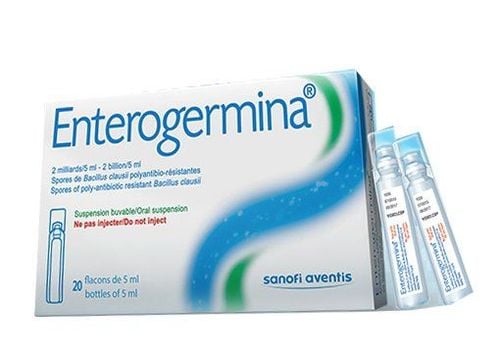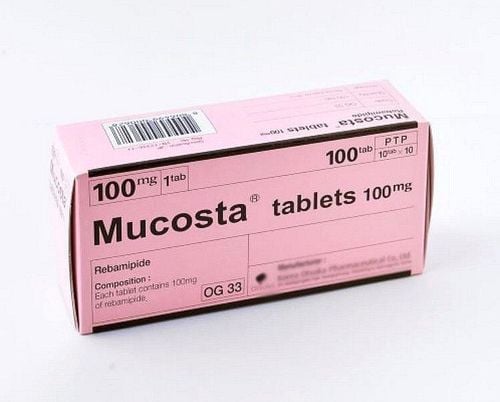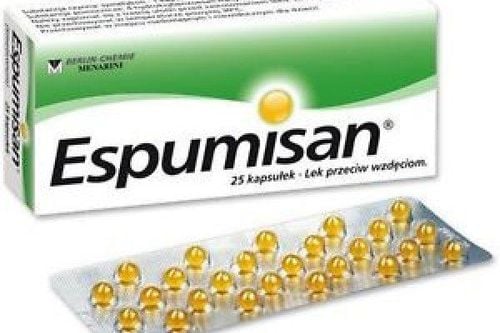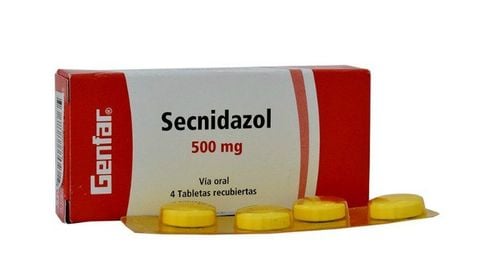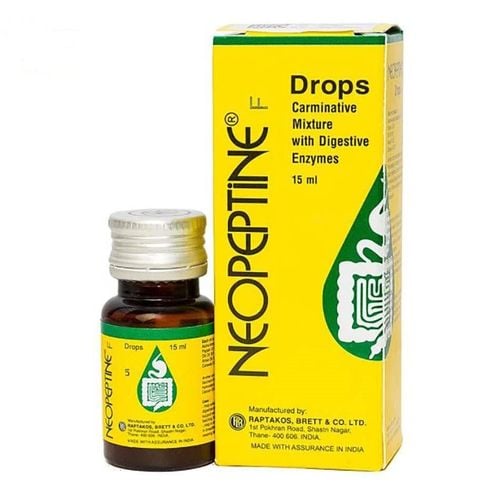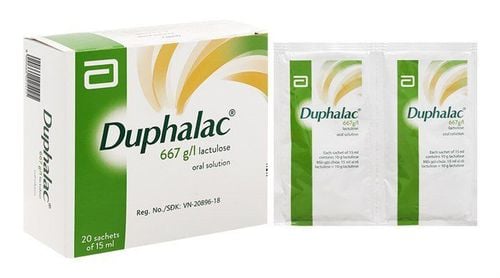Newborns and young children have relatively weak digestive systems, making them prone to gastrointestinal diseases, including foamy diarrhea, also known as frothy diarrhea. This condition is often associated with intestinal infections or milk allergies, which can significantly affect a child’s health. Therefore, parents need to identify the causes of foamy diarrhea in children early to address them promptly.
1. What does foamy diarrhea in children look like?
It is entirely normal for newborns to have multiple bowel movements a day with mustard-yellow stools. Breastfed infants typically have bowel movements after each feeding, averaging 5-7 times per day. Formula-fed infants tend to have fewer bowel movements, approximately 1-3 times per day. Newborn stools are usually soft and yellow. However, when a baby has bowel movements 2-3 times more frequently than usual, it indicates diarrhea. Particularly, if the stool is watery, frothy with small bubbles, and contains mucus, it is highly likely that the infant has foamy diarrhea.
This phenomenon mostly occurs in children aged 0-36 months because their digestive systems are underdeveloped and their immune systems are weak. Infants with frothy diarrhea often eat less, refuse to nurse, and appear fussy and fatigued. It is essential to identify the cause and treat it promptly to prevent severe dehydration, which can impact their physical, mental, and intellectual development.
2. Causes of foamy diarrhea in newborns
There are several causes of frothy diarrhea in newborns, including:
2.1 Digestive disorders
Frothy diarrhea in newborns can result from intestinal infections caused by bacteria entering the body from the external environment, leading to digestive disorders.
Symptoms may include mucus in the stool, fussiness, abdominal pain, fever, vomiting, and weight loss.
Infants have immature digestive systems and low resistance, making them vulnerable to gastrointestinal diseases, especially digestive disorders caused by an imbalance between beneficial and harmful bacteria, which increases intestinal motility.
This imbalance can arise from unclean pacifiers, unclean milk bottles, or the habit of sucking fingers, as well as adults touching the baby's mouth. Even breastfeeding mothers who do not maintain proper hygiene can transmit bacteria to the baby’s intestines.
2.2 Lactose malabsorption in formula milk
Formula-fed infants are more prone to constipation than frothy diarrhea. However, formula milk containing lactose can irritate their intestines.
Because infants’ digestive systems are still developing, there may not be enough lactase enzymes to break down lactose. This can lead to unabsorbed lactose in the intestines, increasing osmotic pressure and causing frothy diarrhea. In such cases, consult a doctor to identify a suitable formula for the child.
2.3 Consuming too much foremilk
Foremilk, produced at the beginning of breastfeeding, contains less nutrition, calories, and fat but more water and lactose (milk sugar). If a baby consumes too much foremilk without getting sufficient hindmilk, they may not feel full and will want to nurse more frequently. Additionally, consuming excessive foremilk can result in excess lactose in the body, causing frothy diarrhea.
To avoid this, mothers can express some foremilk before feeding to ensure the baby gets more hindmilk.
2.4 Milk allergy
For formula-fed infants: About 3% of newborns are allergic to proteins in formula milk, which can cause frothy diarrhea. Other symptoms of milk protein allergy include vomiting, rash, abdominal pain, or even anaphylaxis.
For breastfed infants: A mother’s diet can affect the milk. Babies allergic to milk protein may develop frothy diarrhea if the mother consumes dairy products like cow's milk or cheese. Additionally, a mother’s consumption of fatty or unclean food can indirectly introduce components into her milk that the baby’s digestive system cannot process, leading to frothy diarrhea.
2.5 Antibiotics
Frothy diarrhea in newborns is a side effect of antibiotics. Antibiotics can inhibit the growth of beneficial intestinal bacteria, causing an imbalance in the gut microbiome and disrupting digestion.
Consult a doctor before discontinuing antibiotics to ensure both effective treatment and resolution of frothy diarrhea.
3. Treatment for frothy diarrhea in newborns
To treat frothy diarrhea in newborns, it is crucial to determine the exact cause and then address it scientifically:
- Increase fluid intake for the baby, as diarrhea can cause severe dehydration. Breastfeed more frequently throughout the day to rehydrate. After each bowel movement, give the baby 50-100ml of oral rehydration solution (Oresol) after consulting a doctor.
- For exclusively breastfed infants, mothers should adjust their diets to be healthier and more nutritious. Mothers should consume plenty of vegetables, fruits, coconut water, and avoid fried, greasy, or unhealthy foods.
- For formula-fed infants, if diarrhea persists, consider switching to a different formula to identify the cause. Lactose-free formulas should be considered to facilitate digestion.
- Keep the baby’s environment and belongings clean, including pacifiers, bottles, toys, pillows, blankets, and towels.
- Caregivers should maintain hygiene to prevent transmitting infections to the baby. Avoid contact with the baby when suffering from contagious illnesses.
- If the baby exhibits unusual symptoms alongside frothy diarrhea, such as high fever, bloody stools, lethargy, fatigue, dry lips, or pale skin, take them to the hospital immediately for treatment.
The Pediatrics Department of Vinmec International General Hospital is a trusted choice for parents to diagnose and treat common illnesses in newborns and young children. The hospital has a team of highly qualified specialists (professors, associate professors, doctors, and masters) with extensive experience from major hospitals such as Bach Mai and 108. The doctors are professionally trained, empathetic, and highly skilled, ensuring thorough diagnosis and treatment. Therefore, parents can completely rest assured about the examination and treatment process at Vinmec.
Please dial HOTLINE for more information or register for an appointment HERE. Download MyVinmec app to make appointments faster and to manage your bookings easily.




